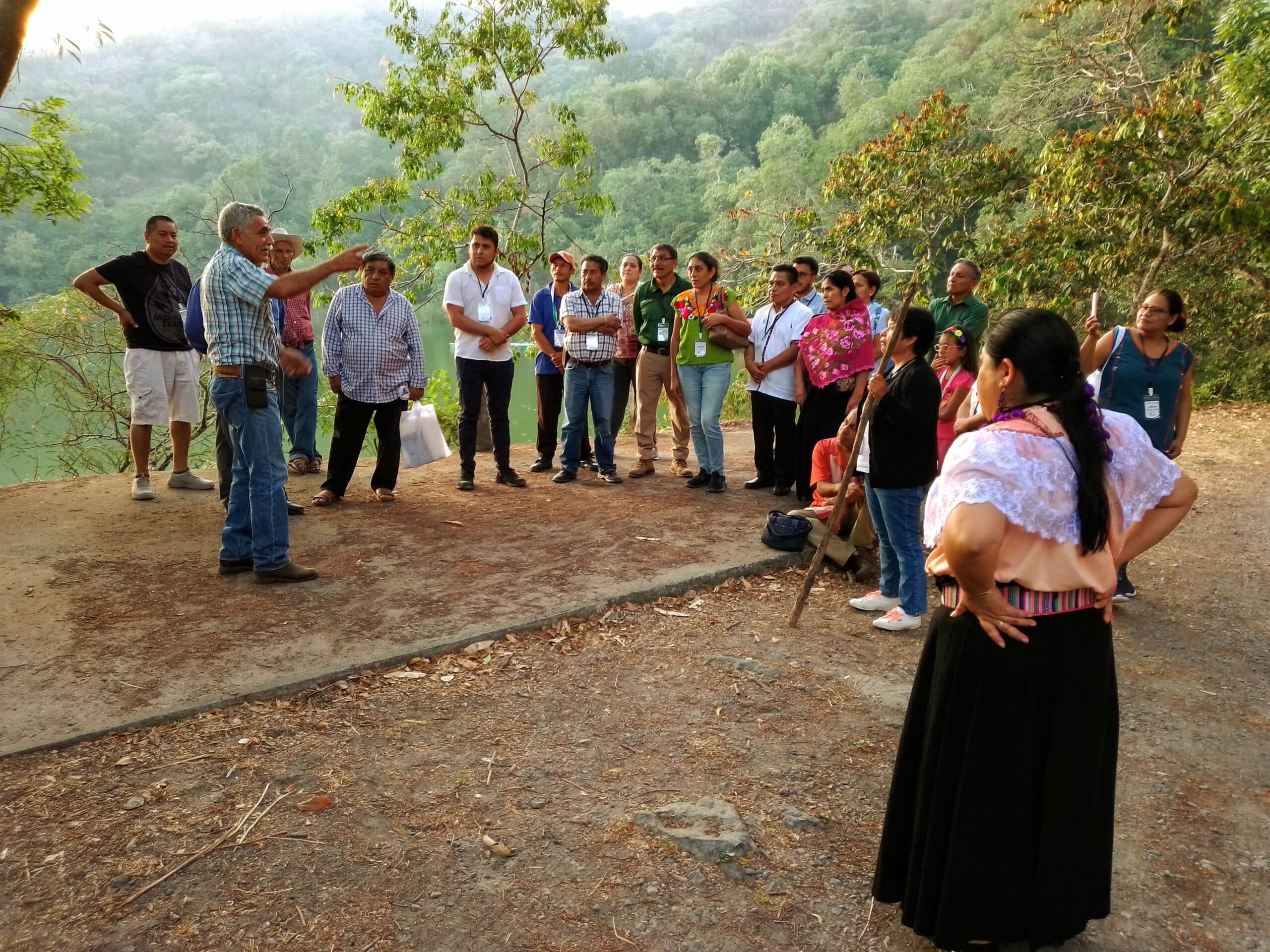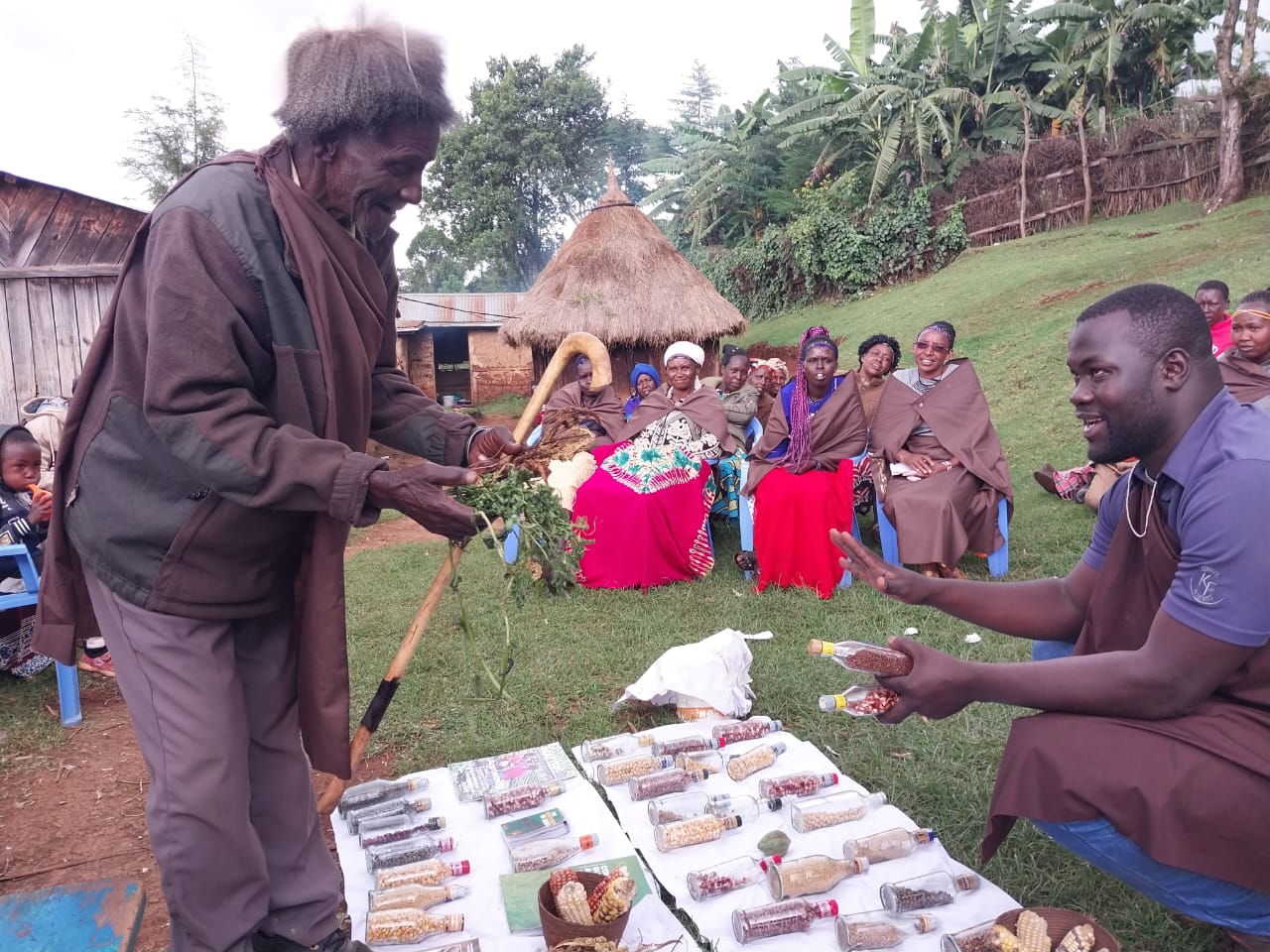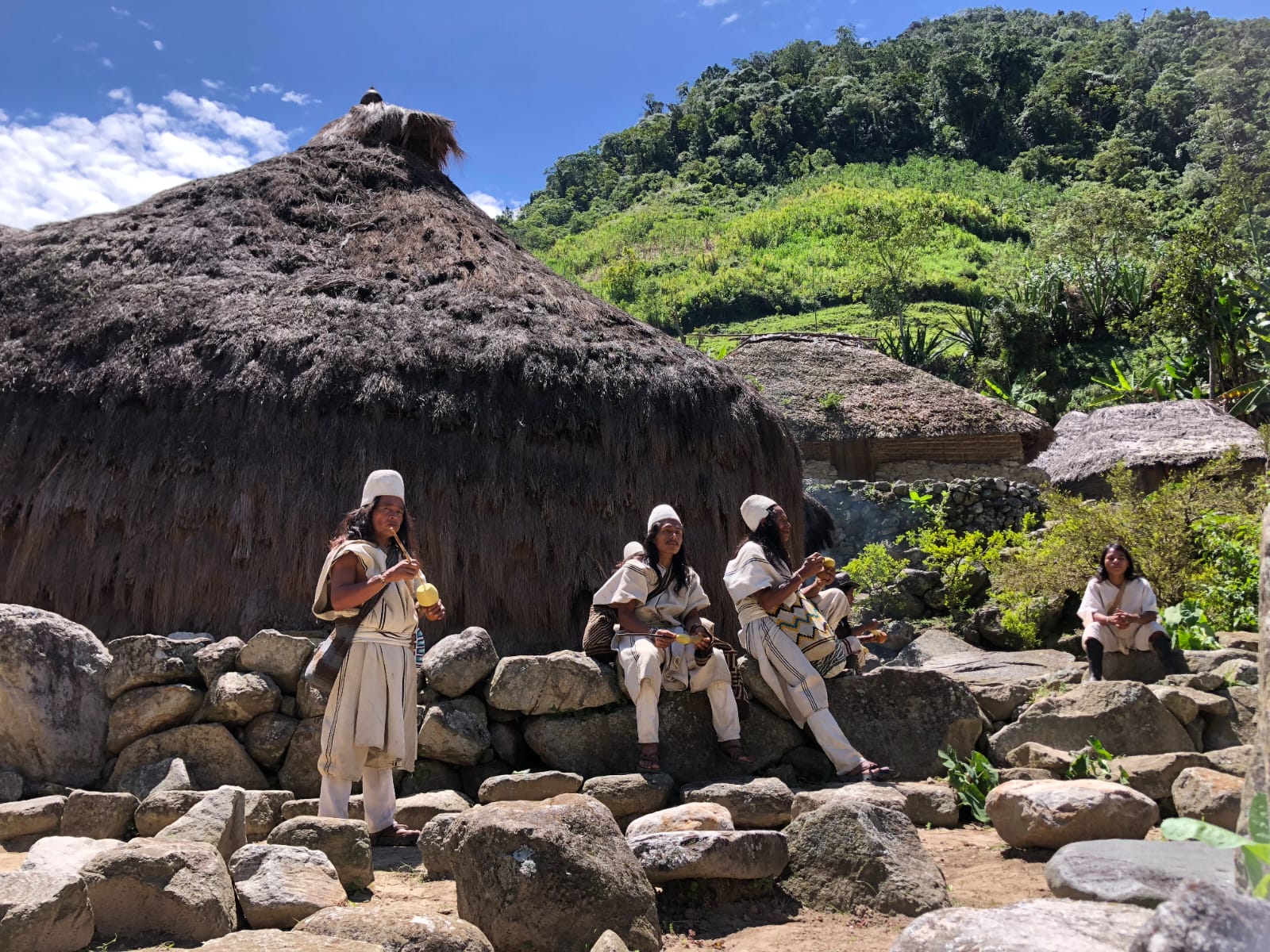The International Working Group for the protection of Indigenous Peoples in Isolation and Initial Contact – GTI-PIACI, the Coordinator of Indigenous Organizations of the Amazon Basin – COICA and the Indigenous Peoples and Development Unit of the United Nations Department of Economic and Social Affairs (UNDESA) and Land is Life, cordially invite you to attend the webinar:
Following the declaration of COVID-19 as a pandemic by the World Health Organization, the implementation of measures to protect the life and health of Indigenous Peoples living in isolation and initial contact, in consideration of their special vulnerability to infectious and contagious diseases, is an urgent task. This is a situation that is aggravated by the context of intensification of the risks of contagion given the absence of state control over the activities of outsiders in their territories, and the proliferation of threats to their integrity by extractive industries, colonization and various public development initiatives.
Faced with the persistence and diversification of the risks of the COVID-19 pandemic in the territorial scope of the PIACI, it is necessary to build an international, regional and national debate about their current situation, immediate risks and urgent need for actions to prioritize the inclusion and health protection of these highly vulnerable populations in the design of the vaccination strategies of the different States for Indigenous Peoples.
The recommendations resulting from this webinar will be presented for consideration at the Permanent Forum for Indigenous Issues in its 2021 session. Likewise, the results will be promoted in a side event to be held during the Permanent Forum session in April 2021.
Land is Life is an active member of the GTI-PIACI group and currently holds its secretariat. Read the public statement prepared by GTI-PIACI and COICA stressing the concern about the continued risks to life and well-being associated with the COVID-19 pandemic in PIACI territories in South America, calling for the prioritization of vaccination among local populations living in the territorial scope of these highly vulnerable peoples




